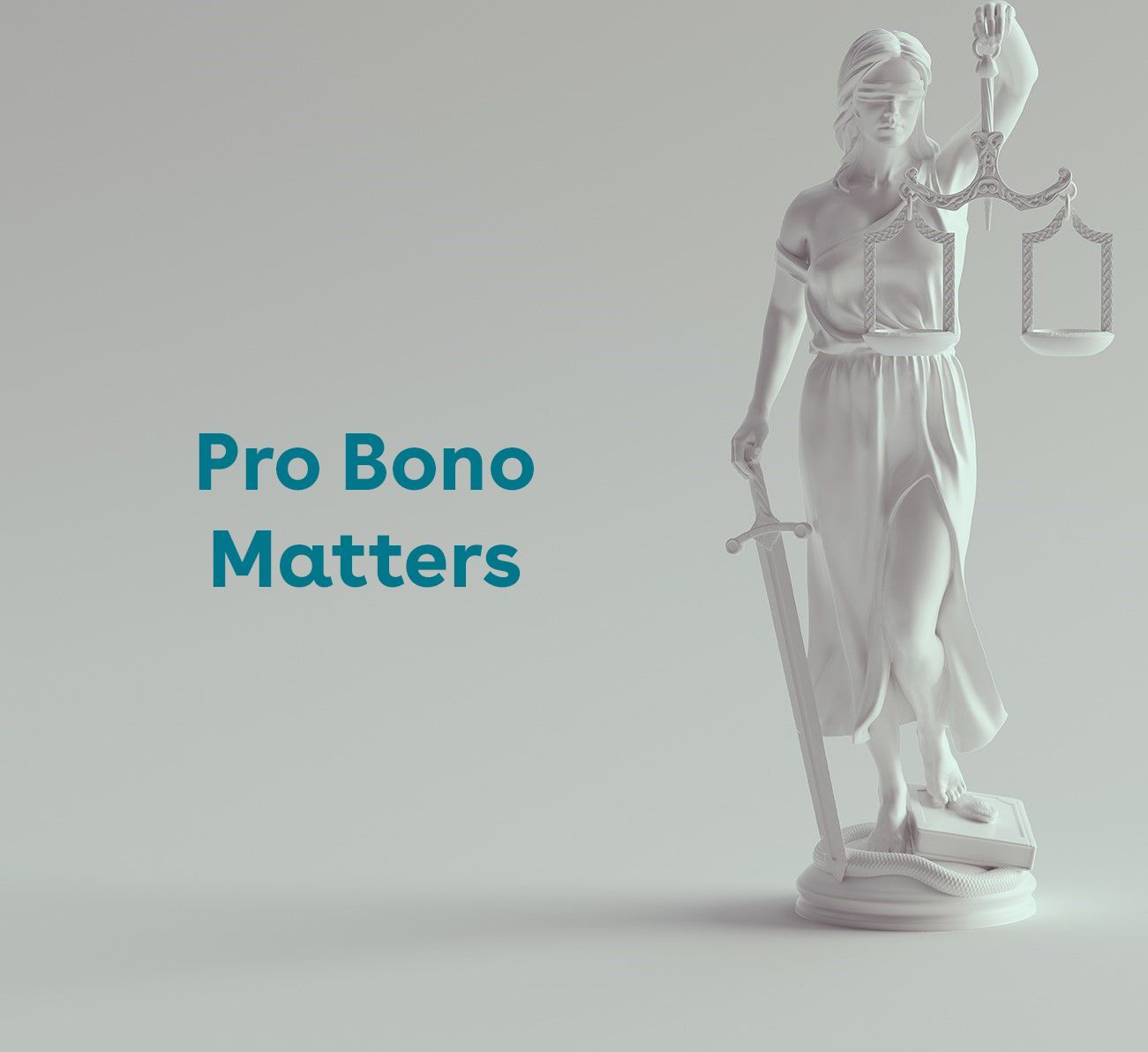
On March 24, 2020, Wilson Sonsini Goodrich & Rosati, along with its co-counsel, obtained a trial victory in Alexander v. Azar in the United States District Court for the District of Connecticut.
Judge Michael P. Shea issued a 114-page opinion ordering the Secretary of Health and Human Services to establish a procedure that will allow Medicare beneficiaries who were initially admitted as an inpatient to a hospital and subsequently reclassified as an outpatient receiving “observation status” to challenge such alteration to their status. The ordered appeal right stems from the Court’s finding that the Secretary violated the Due Process Clause of the Fifth Amendment.
The case, which was brought on behalf of one of the largest classes of Medicare beneficiaries in history, would provide significant protection to senior citizens entering hospitals. The Court’s order provides that once a doctor determines that a Medicare patient should be considered an “inpatient” for Medicare benefits, the patient has a right to the benefits provided they are consistent with this status determination and any effort to deprive the patient of these rights by changing their status constitutes a deprivation under the due process clause. For this reason a change in status requires the government to adopt rules allowing the patient to challenge the change of status. Prior to the Court’s decision, Medicare hospital patients had no avenue to challenge the coverage-altering decision to change their coverage status.
The decision has broad implications for patients. As made clear in the Court’s detailed opinion, patients who have their Medicare status changed from “inpatient” to “observation” suffer significant economic and other harms. For example, Medicare may not cover patients who are not classified as “inpatient” for subsequent care in a skilled nursing facility. As demonstrated at trial, the cost for care in such facilities can be several thousand dollars or more. The Court further found that the evidence at trial demonstrated that patients may also suffer significant non-monetary damages and harms resulting from an improper classification. As the Court recognized, an “elderly person’s arrival at a hospital is a stressful moment. . . . One question that might not be uppermost in their minds at that moment—but that may soon emerge to add to the stress of the experience—is who will pay for the elderly person’s medical care.”
In reaching its conclusion that plaintiffs were entitled to the requested right to an appeal, the Court held that “[t]he fundamental prerequisite of due process of law is the opportunity to be heard at a meaningful time and in a meaningful manner.” The Court found that plaintiffs “have no opportunity whatsoever to challenge” the deprivation of their rights, and that a “chief injur[y]” plaintiffs face is “having to forgo needed medical care due to an apparent lack of coverage . . . .” In light of the “significant risk of error,” the Court ordered that defendants establish an appropriate appeals process to protect the plaintiff class.
Wilson Sonsini is partnering pro bono in the case with nonprofits the Center for Medicare Advocacy (CMA) and Justice in Aging in representing a nationwide class estimated in the thousands of among the most vulnerable Medicare patients, who are by definition elderly and/or disabled. The litigation was originally filed in 2011. In 2015 the Second Circuit reversed an order dismissing the case, and Wilson Sonsini and co-counsel have successfully prevailed against multiple summary judgment motions and motions to dismiss over the last several years. Wilson Sonsini litigation Of Counsel/Pro Bono Counsel Luke Liss stated that “we are enormously proud to have partnered with CMA and Justice in Aging, as well as others, to achieve this critical result for our nation’s elderly and medically vulnerable populations. Working with our very talented co-counsel, we have litigated this case for years to ensure that our clients have the most basic appeal rights to protect their access to critical care.”
The Wilson Sonsini trial team included attorneys David J. Berger, Steven Guggenheim, Luke Liss, Dylan Savage, Lindsey Edwards, and Alexander Brehnan and paralegals Stacy Love and Stephanie Van Horn.
- Privacy Policy
- Terms of Use
- Accessibility